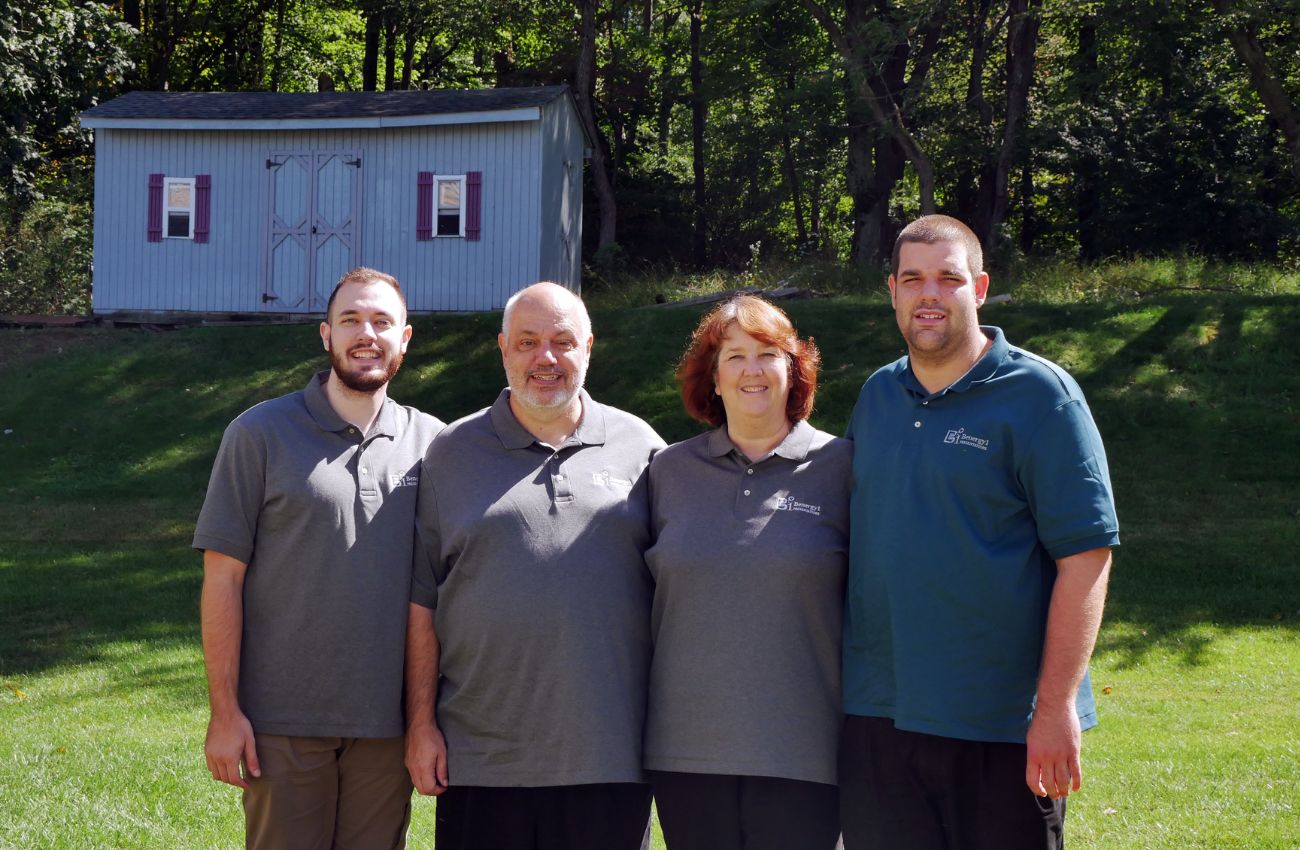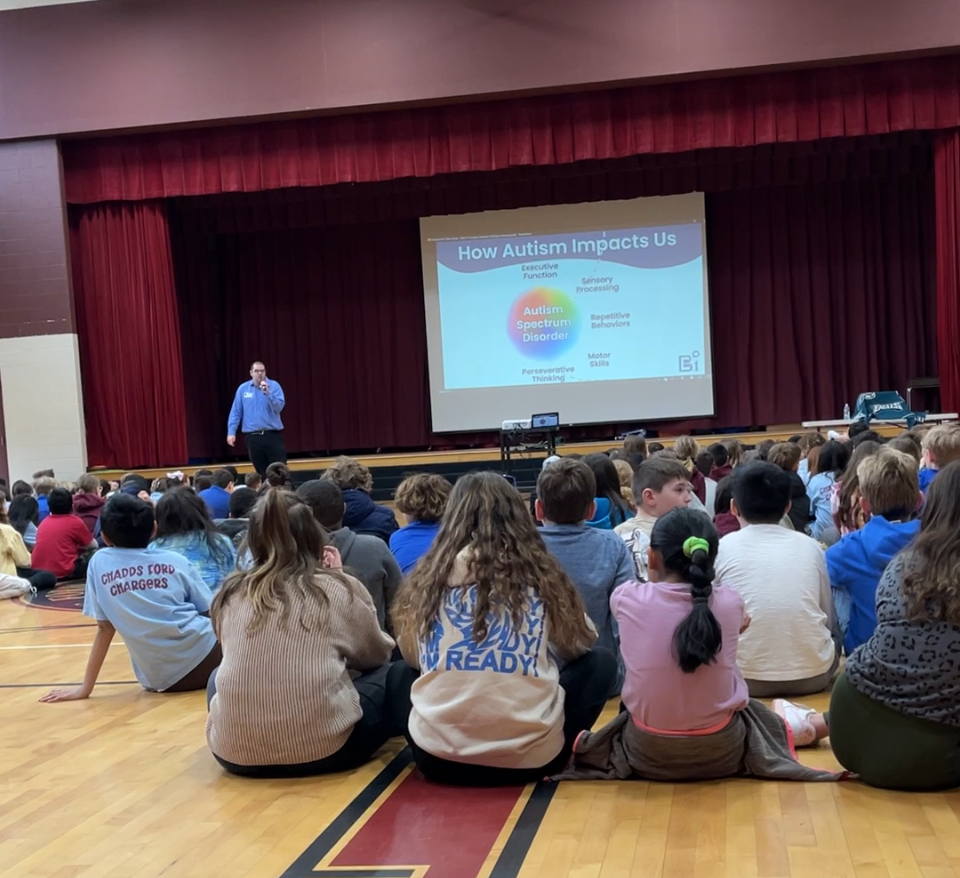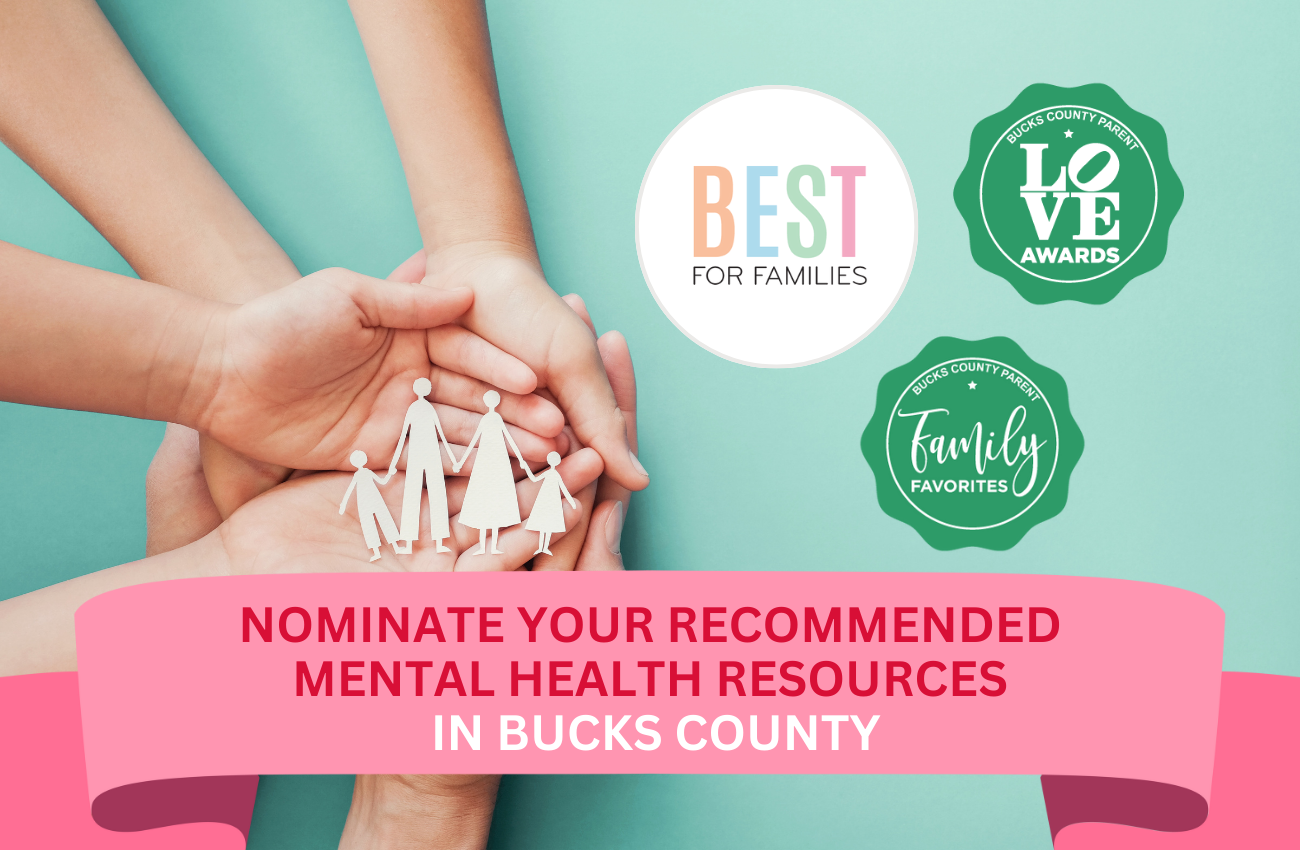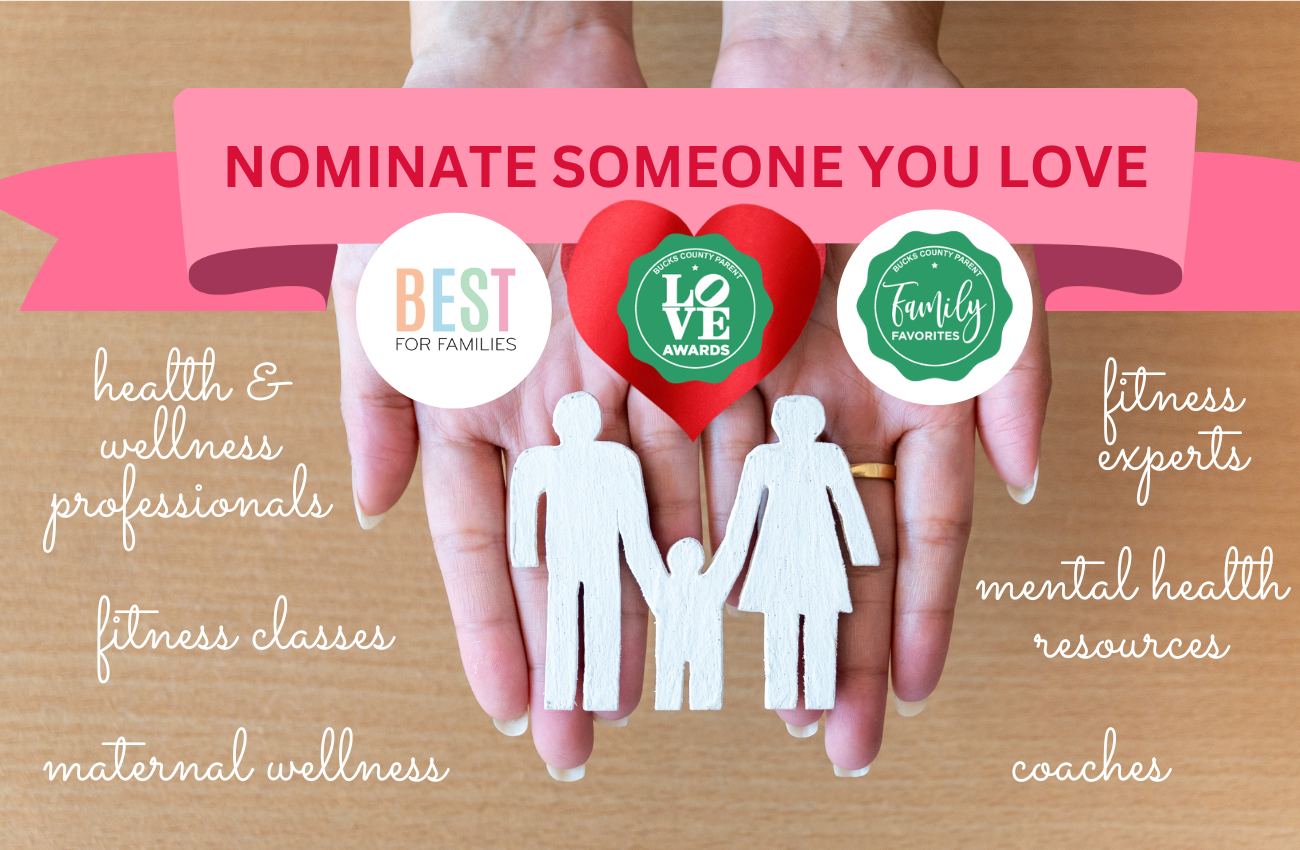Spreading Autism Awareness and Kindness – A Q&A With the Hartranft Family
Local autism advocate and public motivator Ben Hartranft works alongside his family to achieve his dreams of spreading awareness.

It’s safe to say that Ben Hartranft has well surpassed the expectations doctors set for him when he was first diagnosed with autism at two years old. With the full support of his family alongside him, the North Penn alum has since gone on to become a leading advocate for autism awareness, developing a an impressive resume.
In 2018, Ben was named Autism Ambassador for the Philadelphia Eagles for his contributions towards raising money for their Eagles Autism Challenge, which put him on the radar of Ellen Degeneres and gained him an even bigger platform for which to raise awareness. Now, Ben has his own company, Energy 1, which allows him to travel all over the country to speaking at schools, businesses and organizations.
Recently, Bucks County Parent Editor Christine Wolkin had the opportunity to connect with members of the Hartranft family (Ben, his parents Sandy and Glenn, and Ben’s brother Dan) to learn how they’ve come together to reach Ben’s dreams. Here, they share insight, as well as resources for families of individuals who have been diagnosed with autism.

Q: Growing up, when did you first realize that you were “different”?
Ben: I was 5 years old and realized I was riding a different bus than my brothers and in different classrooms. When I asked my parents why they told me I had autism and that my brain just thought differently. I told them I wanted to take my brain out and wash the autism off.
Q: Did your dream of advocating for autism begin with the Eagles Challenge or have you always been vocal about raising awareness?
Ben: I have always been vocal about raising awareness. In 7th grade, I started passing out autism ribbons to all the students in my school. I had pretzel sales to raise money for autism. My friend Justin and I put together a presentation and did an assembly to help the other students understand autism. My journey began when I started raising money for the Eagles Autism Challenge. The Eagles Autism Challenge means a lot to me not just because they are my favorite team but because they want to take Autism awareness to action and all the money they raise goes to fund novel research around autism. After a few years of fund-raising I was invited to be a guest on the Ellen Degeneres Show to promote Autism Awareness and raise funds for research. From that moment on I knew my dream was to be an advocate for Autism Awareness, taking awareness into action.

Q: In your public speaking you always make it sound like you view having autism as your strength/ “super power.” Can you share more about how you think having autism has enhanced your life?
Ben: I love networking and talking to people and making people happy. I am never shy about talking to people and I love making them happy and changing their day.
Q: What was it like growing up alongside Ben?
Dan: I am older than Ben by three years. Both now and when we were kids, Ben does a good job of taking me out of my comfort zone – that was hard when I was younger and even now, but it does have positive outcomes to help me grow in ways I wouldn’t have without Ben.
Q: What kind of tips do you have for the siblings of neurodivergent children?
Dan: Don’t feel uncomfortable expressing your problems or concerns you have with your family. Just because your issues might not be as visible as your sibling’s does not mean that they lack importance.
Q: How did you find the tools and resources to get the help Ben needed?
Glenn: Finding the tools and resources was a process. I read many books, and we are so fortunate now to have information access on the internet. There is a tool called the MCHAT if you suspect your child may have autism and it just asks a series of questions to guide you about seeking further evaluation. Sometimes you don’t even know what you are missing.
Q: What would you tell parents who have just discovered their child has autism (or who suspect their child may have autism)?
Sandy: First of all, trust your gut. If you sense something is not quite right, keep looking for answers. We would tell parents to take a deep breath and know that there are resources to help you on your journey. There is no blame or guilt, but to take that energy and put it into finding what works best for your child. A teacher gave me the best advice as she saw me struggling to make the right decisions. She said “No decision is fatal. Make the best decision with the information you have and if you need to make a different one along the way, you can.” That was so freeing for us. I would also encourage them to find other families a bit ahead of them on the path as they have a wealth of information on navigating the system and services. There is no reason to recreate the wheel.”
Q: How can a diagnosis challenge a family, but also push them to further heights?
Sandy: We would have never chosen this but it has changed all of us for the better. My sons are not afraid of any disability and are welcoming to anyone and everyone. My husband will tell you he was an introvert but now enjoys meeting new people as he watched Ben be so free in his spirit. We are hoping to be ‘the one’ to help others on their journey now the way so many people helped us. The book we wrote “Swinging From the Chandelier: Finding Joy in the Journey Through Autism” is the memoir of all of the hard things we went through, the amazing professionals that helped us and many of the amazing and funny stories of Ben growing up in our family. He literally was swinging on my chandelier when he was 3 stimming (shining the lights to calm himself) on the lights and I knew if I ever wrote a book I would have my title.
We do encourage all families to find resources and help – the divorce rate in America is 50 percent but if you add the death of a child or having a child with support needs it goes up to 80 percent. We all need others to help us through the hard times.

Photos courtesy of the Hartranft Family





